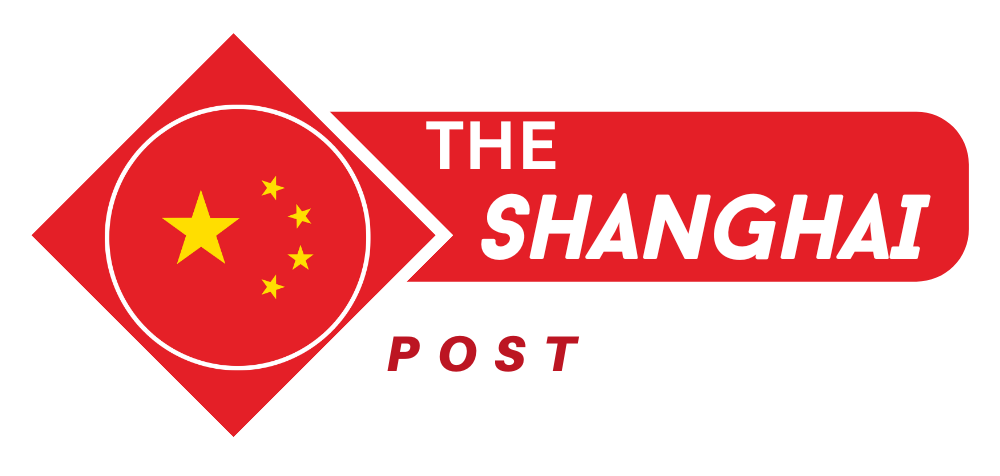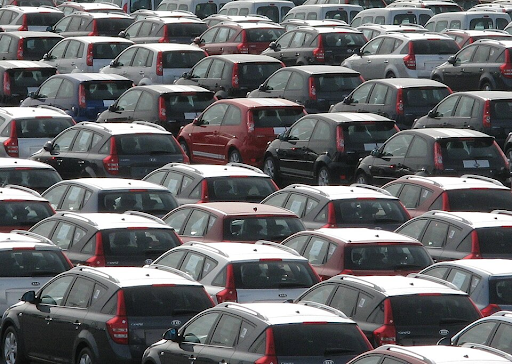A potential legislative logjam looms in Brussels as the new trade deal with the United States faces significant internal opposition, threatening to delay the very action needed to unlock US tariff relief. The path to introducing the required bill is fraught with political obstacles that could slow the process to a crawl.
The primary source of the potential logjam is the deep dissatisfaction from key member states and industries. France, a major EU power, is already signaling its intent to seek further concessions for its wine industry. Italy views the deal as economically devastating. This opposition can translate into procedural delays and demands for amendments within the EU’s complex legislative system.
Furthermore, the European Parliament, which must be involved in the process, is a diverse body with its own political dynamics. Members of Parliament may be reluctant to fast-track a bill that is seen as a capitulation to US pressure or one that harms specific constituencies within their home countries.
While US officials have urged speed, they may have underestimated the power of the EU’s internal checks and balances. The deal’s unpopularity means it will not receive a rubber stamp. Instead, it will be subject to intense debate and political horse-trading, creating the real possibility of a prolonged logjam that leaves high US auto tariffs in place indefinitely.

